2025 Speakers
The Lysosomal Disease Summit is proud to welcome a comprehensive lineup of expert speakers driving progress in lysosomal disease research, diagnosis, and treatment worldwide.
This year’s programme features clinical leaders, researchers, and advocates whose contributions span every major lysosomal disorder—including Gaucher, Fabry, Pompe, MPS, Sanfilippo, Niemann-Pick, and more. Attendees will benefit from a wide range of perspectives, with presentations covering:
- Cutting-edge therapeutic development
- Diagnostic innovation and newborn screening
- Multidisciplinary models of care
- Patient-centered research
- Regional and global data trends
Explore the complete list of confirmed speakers below, representing institutions and organizations across Asia-Pacific, Europe, North America, and the Middle East. To view the Guest Speakers, visit the Featured Speakers page.
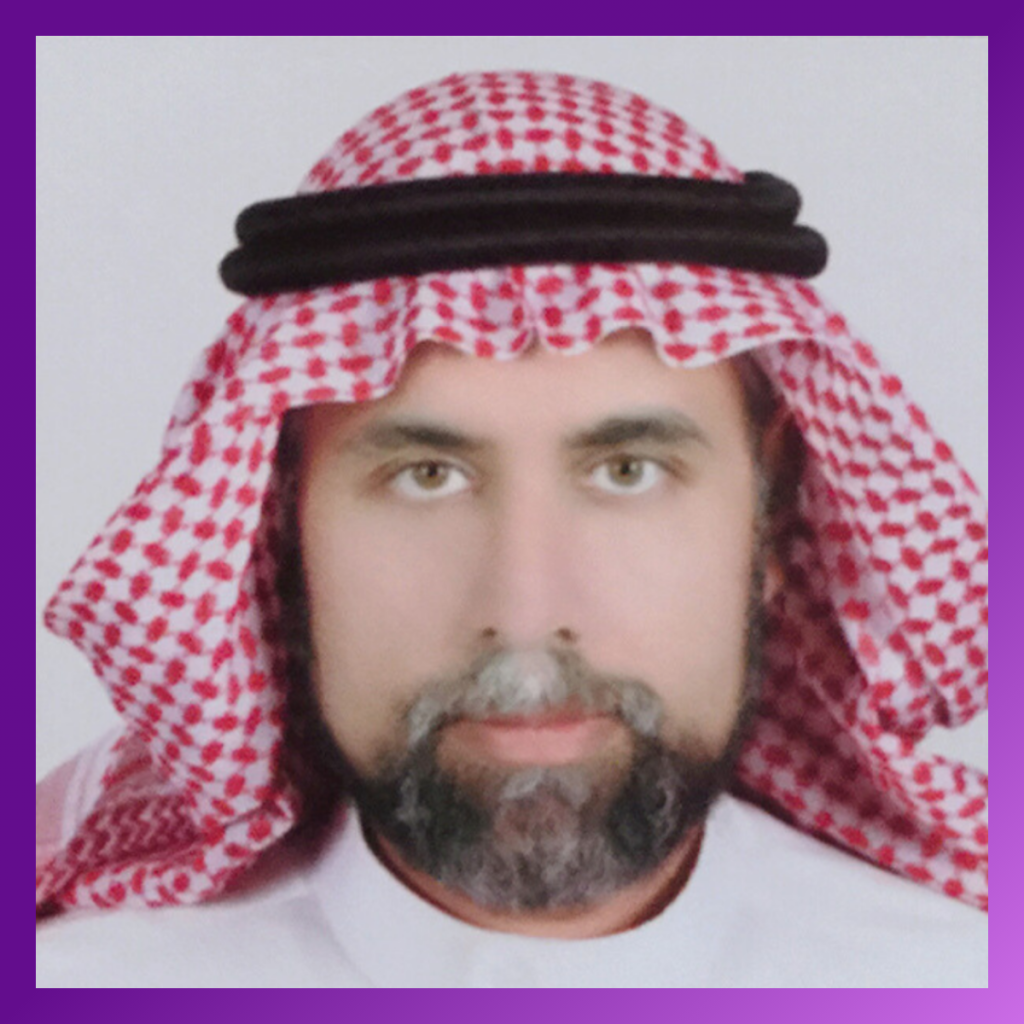
Moeenaldeen AlSayed, MD, FACMG, MBA
King Faisal Specialist Hospital & Research Centre; Al-Faisal University, Riyadh
Consultant clinical geneticist and professor of genetics in Riyadh. Leads adult genetics and genetic counselling services; interests include founder mutations, LSD screening and treatment, and metabolic disorders.
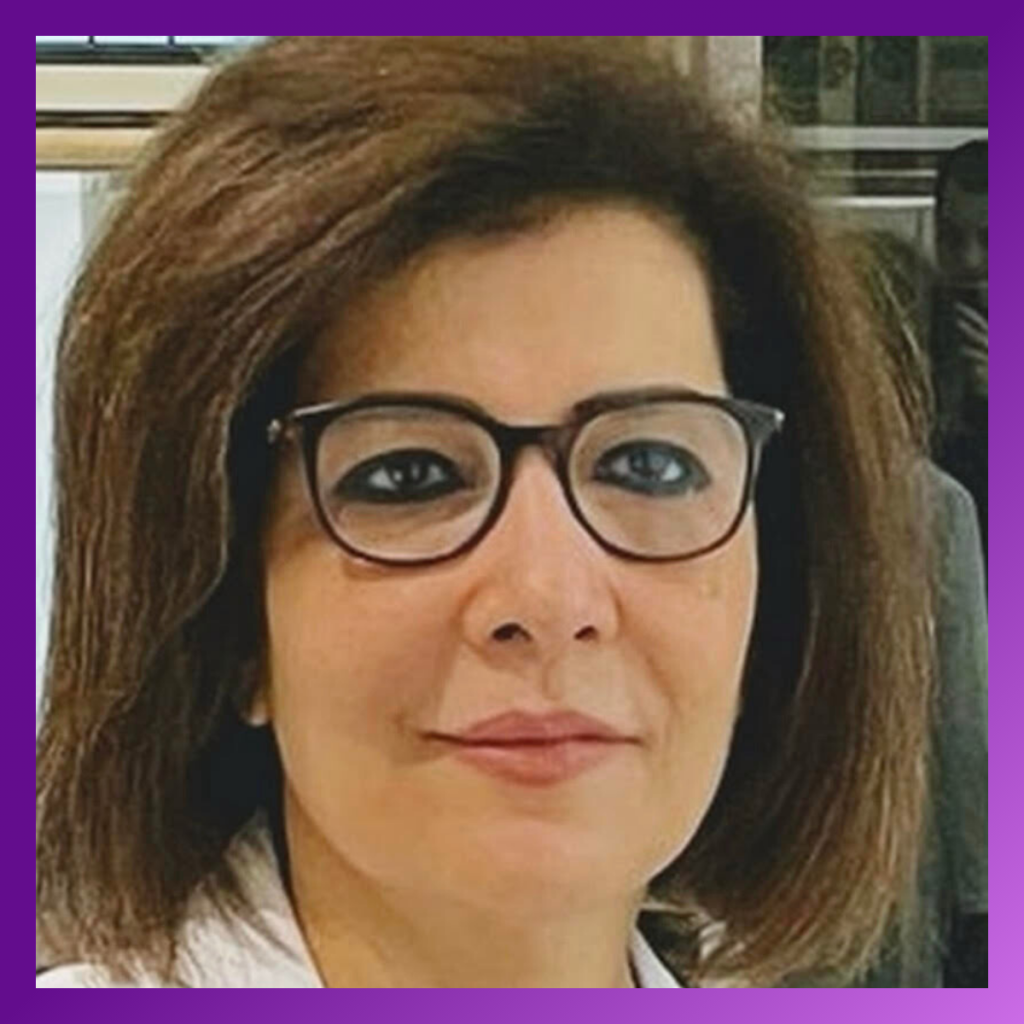
Huma Cheema, Professor of Pediatric Gastroenterology and Hepatology, University of Child Health Sciences, Lahore, Founder and Director, Rare Diseases Center, UCHS
University of Child Health Sciences, Lahore, Pakistan
Dr. Huma Cheema has a special interest in rare diseases and established the first Center for Rare Diseases in Pakistan at the University of Child Health Sciences. In a developing country like Pakistan, she works with the government and international partners to improve access to diagnosis and treatment of rare diseases.
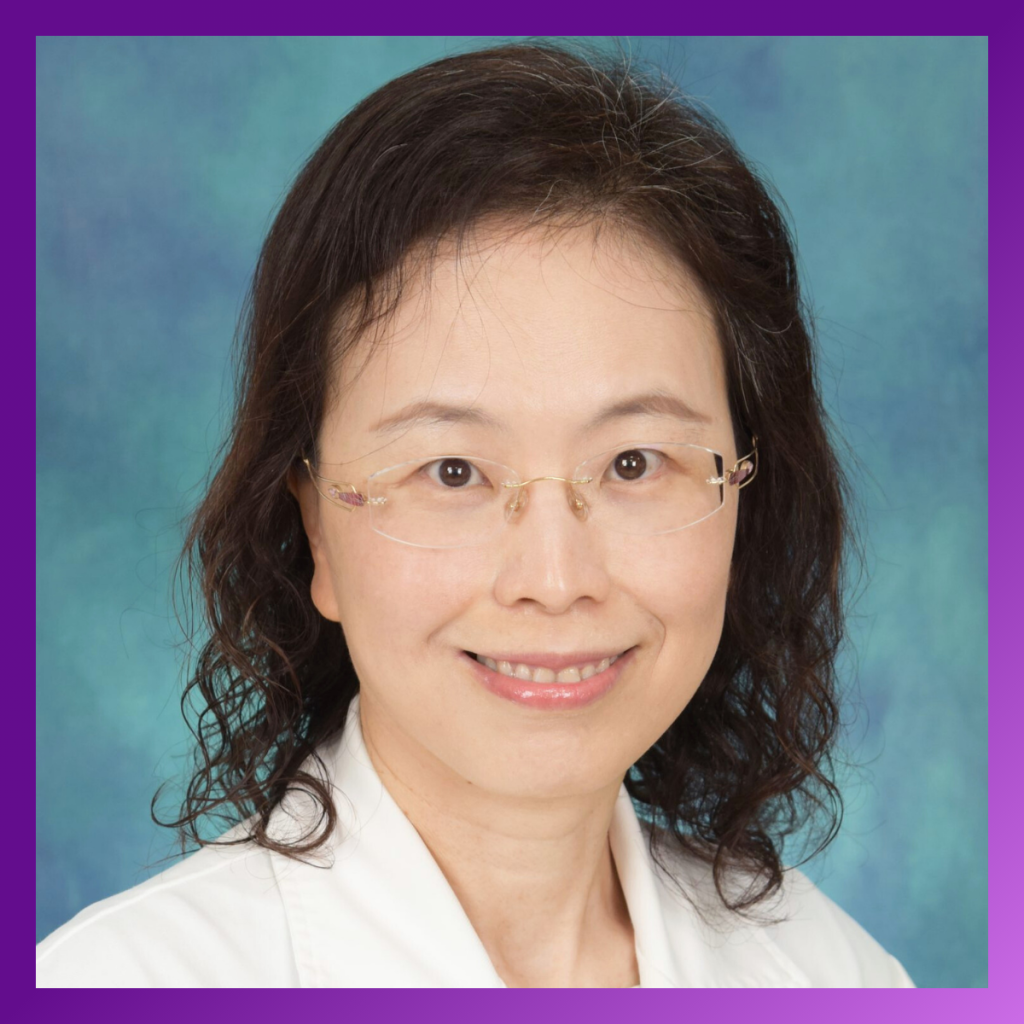
Nancy Yin-Hsiu Chien
National Taiwan University Hospital
Dr Yin-Hsiu Chien is a clinical professor at the Department of Pediatrics at the National Taiwan University, Taiwan, and an attending physician at the Department of Medical Genetics and Pediatrics at the National Taiwan University Hospital. She participates in research on Pompe disease, focusing especially on early diagnosis and treatment improvement. She is the director of the newborn screening center at National Taiwan University Hospital, which routinely screens around one-third of newborn infants in Taiwan.
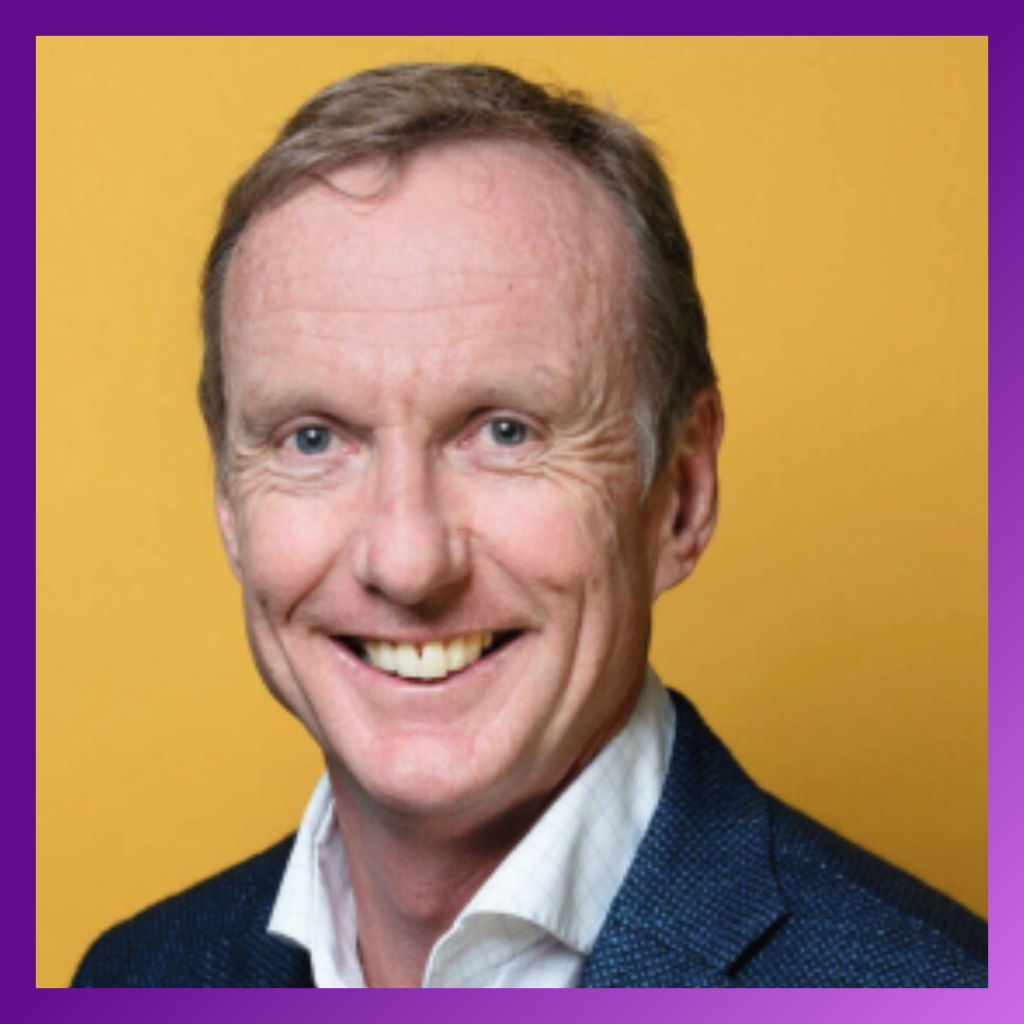
Jonathan Craig
Flinders University, Adelaide
Vice President and Executive Dean, College of Medicine and Public Health. Kidney disease researcher and Chair of Australia’s Medical Services Advisory Committee (MSAC).
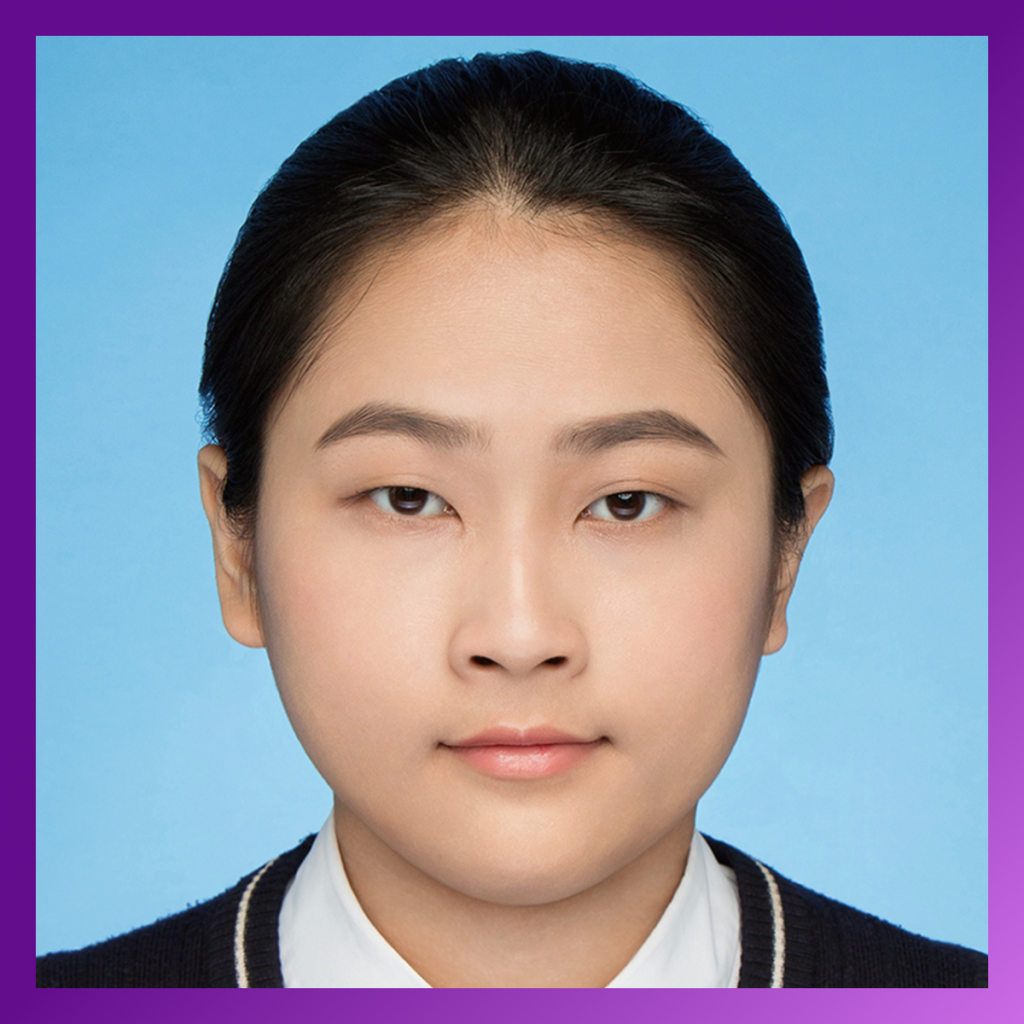
Dr. Siyang Ding
Department of Biochemistry and Chemistry, La Trobe Institute for Molecular Science, La Trobe University, Melbourne, VIC, Australia
Dr Siyang Ding received her PhD in chemistry from La Trobe University. She is currently a postdoctoral researcher under supervision of Prof Yuning Hong at La Trobe Institute for Molecular Science. Her research focuses on development of chemical fluorescent tools for understanding protein chemistry and cellular activities in diseases. She is the recipient of RSC Researcher Development Grant (2022) and LIMS Fellows Career Development Award (2022).
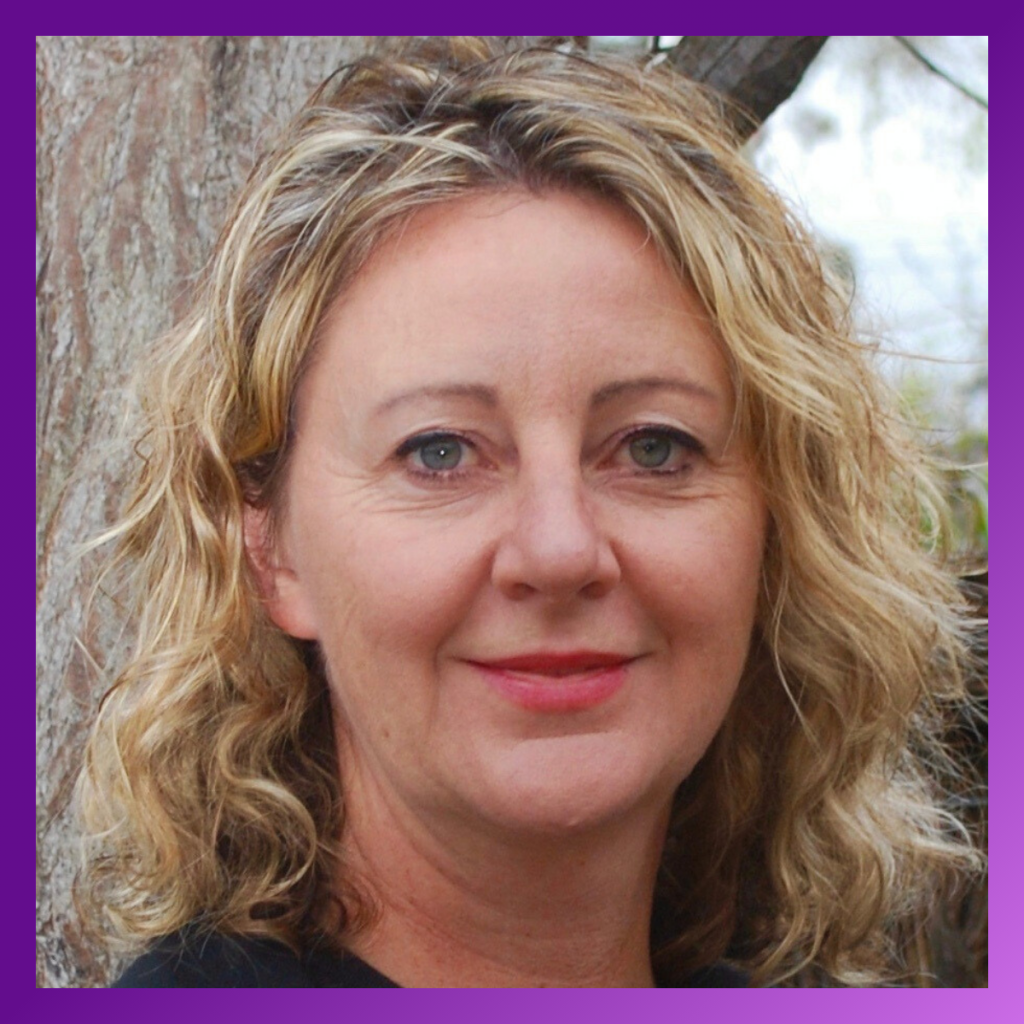
Maria Fuller, Professor, University of Adelaide
National Referral Laboratory
Professor Maria Fuller leads the National Referral Laboratory that provides diagnostic services for lysosomal disorders. She has a conjoint academic appointment with the University of Adelaide as a research leader at the Robinson Research Institute. Maria has a long-standing interest in improving the efficiency and accuracy of lysosomal disease diagnosis, as well as trying to understand mechanisms underlying their pathology.

Paul Geenty, Cardiology Research Fellow
Westmead Hospital
Paul is a cardiology research fellow at Westmead Hospital and is currently undertaking a PhD at the University of Sydney, focusing on advanced imaging techniques and cardiomyopathies.
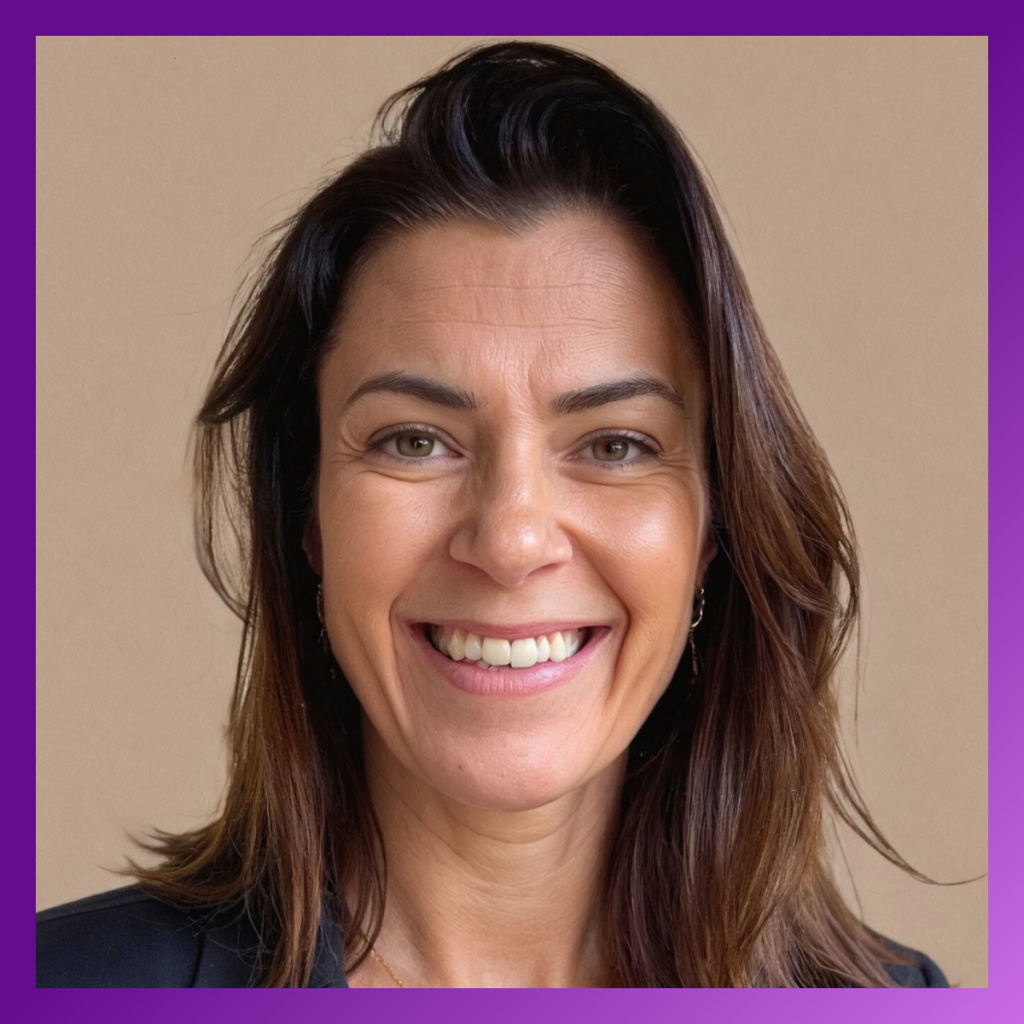
Gail Hilton, Director of Programs
Childhood Dementia Initiative
With a BSc in Biology and an MA in Development Studies, Gail heads up the Childhood Dementia Initiative’s research, advocacy, and systemic change work.
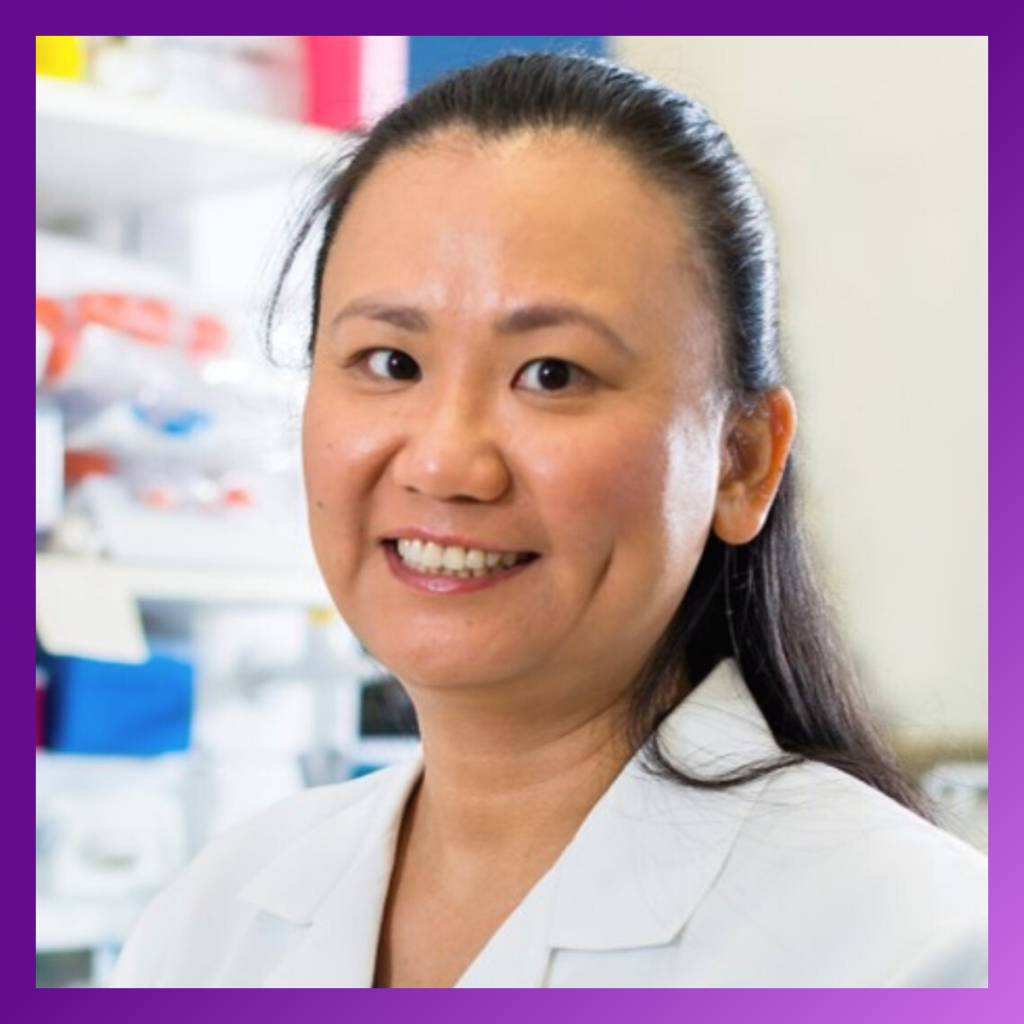
Dr. Ya Hui Hung
The Florey Institute of Neuroscience and Mental Health
Dr. Ya Hui Hung is a Senior Research Fellow at the Florey Institute of Neuroscience and Mental Health in Melbourne, leading development of a CNS-targeted mRNA gene therapy platform for childhood dementia, with Niemann-Pick Disease Type C as the lead indication. Her research has spanned Menkes disease, copper metabolism, and mRNA therapeutics for NP-C and Alzheimer’s disease. She is also a scientific advisor to the Australian NPC Disease Foundation and an active member of the Childhood Dementia Research Alliance.
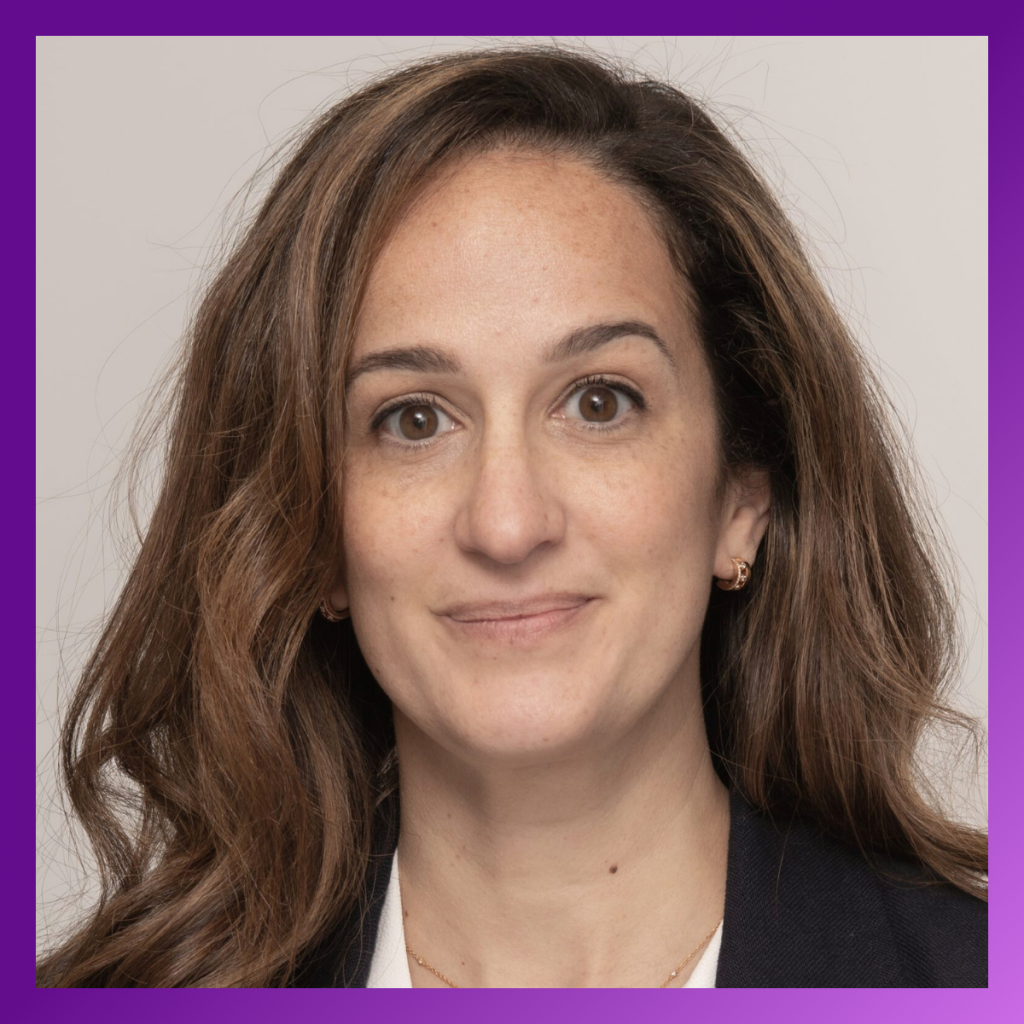
Dr. Farah Lamiable-Oulaidi
Ferrier Research Institute – Victoria University of Wellington
Dr. Farah Lamiable-Oulaidi leads the Carbohydrate Chemistry group at the Ferrier Research Institute – Victoria University of Wellington, New Zealand. Her team is focused on developing novel small-molecule treatments for Krabbe disease.
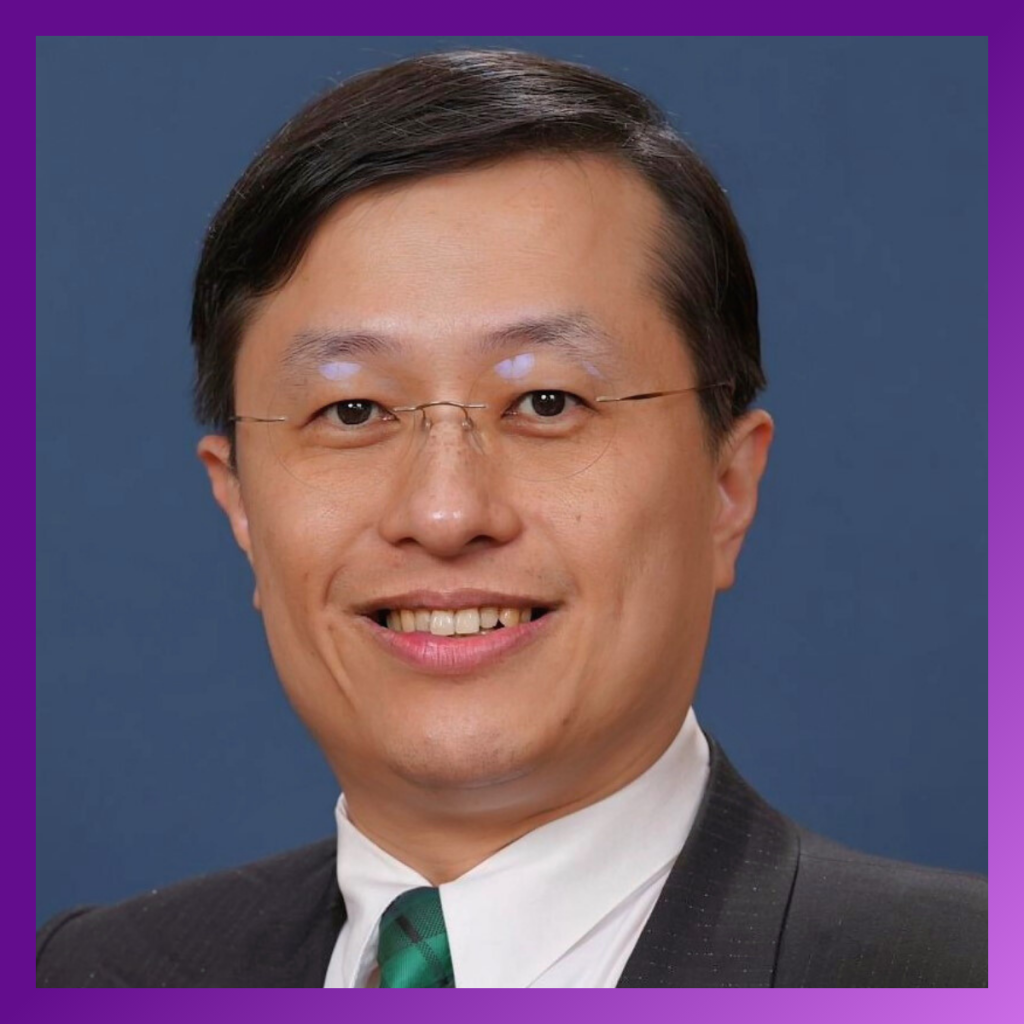
Hsiang-Yu Lin, Professor and Chief, Department of Pediatric Genetics
MacKay Memorial Hospital
Dr. Hsiang-Yu Lin is a professor at MacKay Medical College and Director of Pediatric Genetics and the Rare Disease Center at MacKay Memorial Hospital, Taipei. He has received national awards for excellence in pediatric and metabolic research and has published over 150 scientific papers.
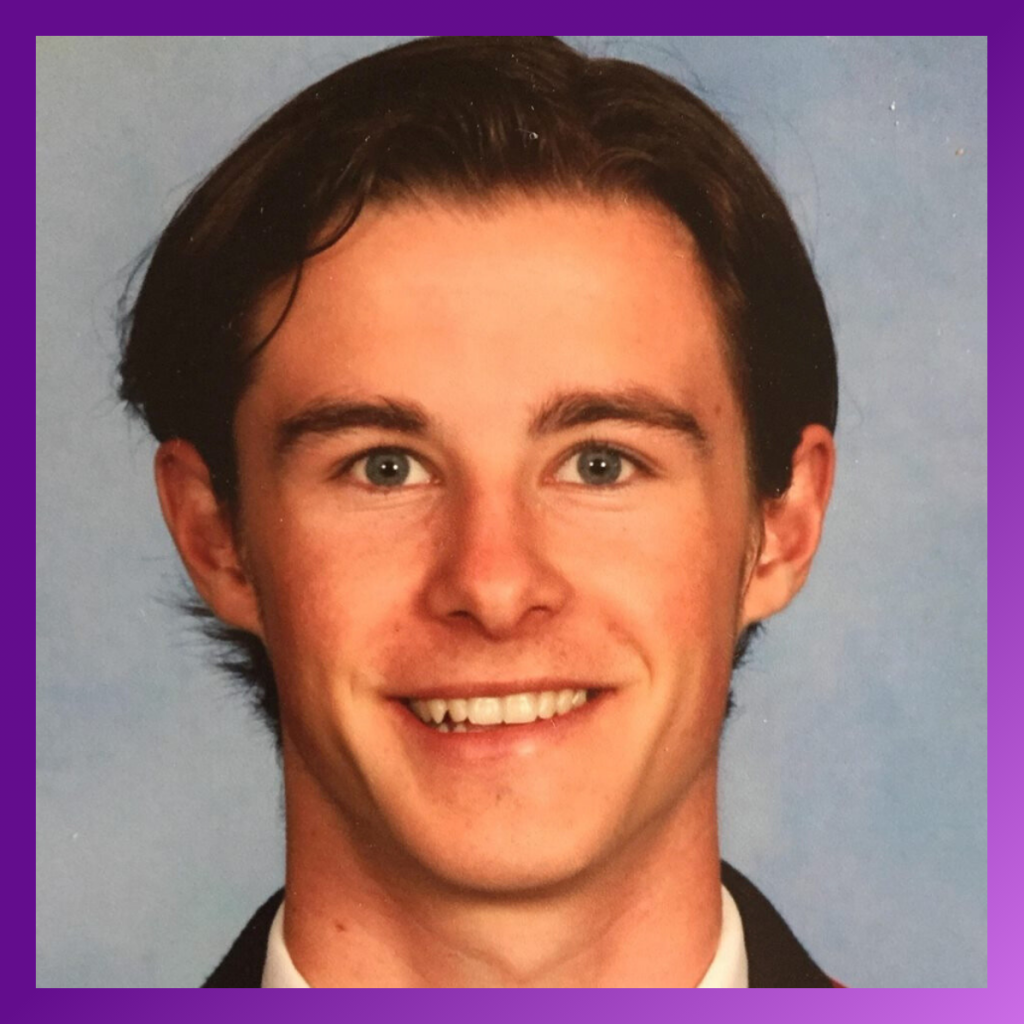
Benjamin Lynch, BSc
University of Notre Dame Australia
Benjamin Lynch is a science graduate from the University of Melbourne and a current Medicine student at the University of Notre Dame, Sydney Campus. He is completing research with Dr. Kathleen Nicholls and the Fabry Disease team at the Royal Melbourne Hospital.
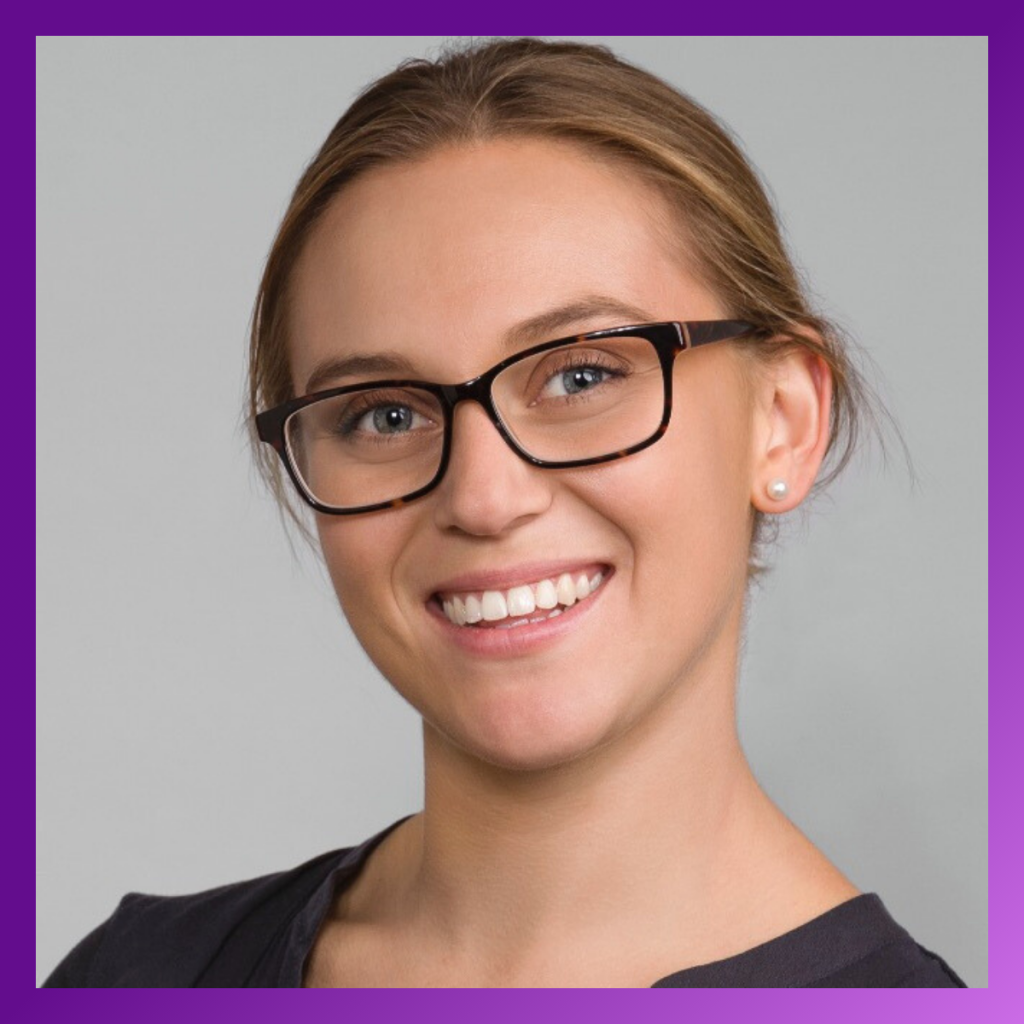
Dr. Jasmina Markulic, Molecular Lead, National Referral Laboratory, SA Health Postdoctoral Researcher
Robinson Research Institute, University of Adelaide
Dr Jasmina Markulic is the Molecular Scientific Lead for the National Referral Laboratory (NRL) at Adelaide’s Women’s and Children’s Hospital. Dr Markulic is an early-career researcher who graduated with a PhD in biochemistry and molecular biology at the University of Melbourne in 2021. Following her PhD, Dr Markulic began her career in diagnostic medicine as a Medical Scientist with the NRL in 2022. Although a full-time diagnostic scientist, Dr Markulic is also actively involved in research at the NRL. Jasmina became an Affiliate Lecturer with the University of Adelaide in 2023 and supervises and mentors undergraduate and postgraduate students.
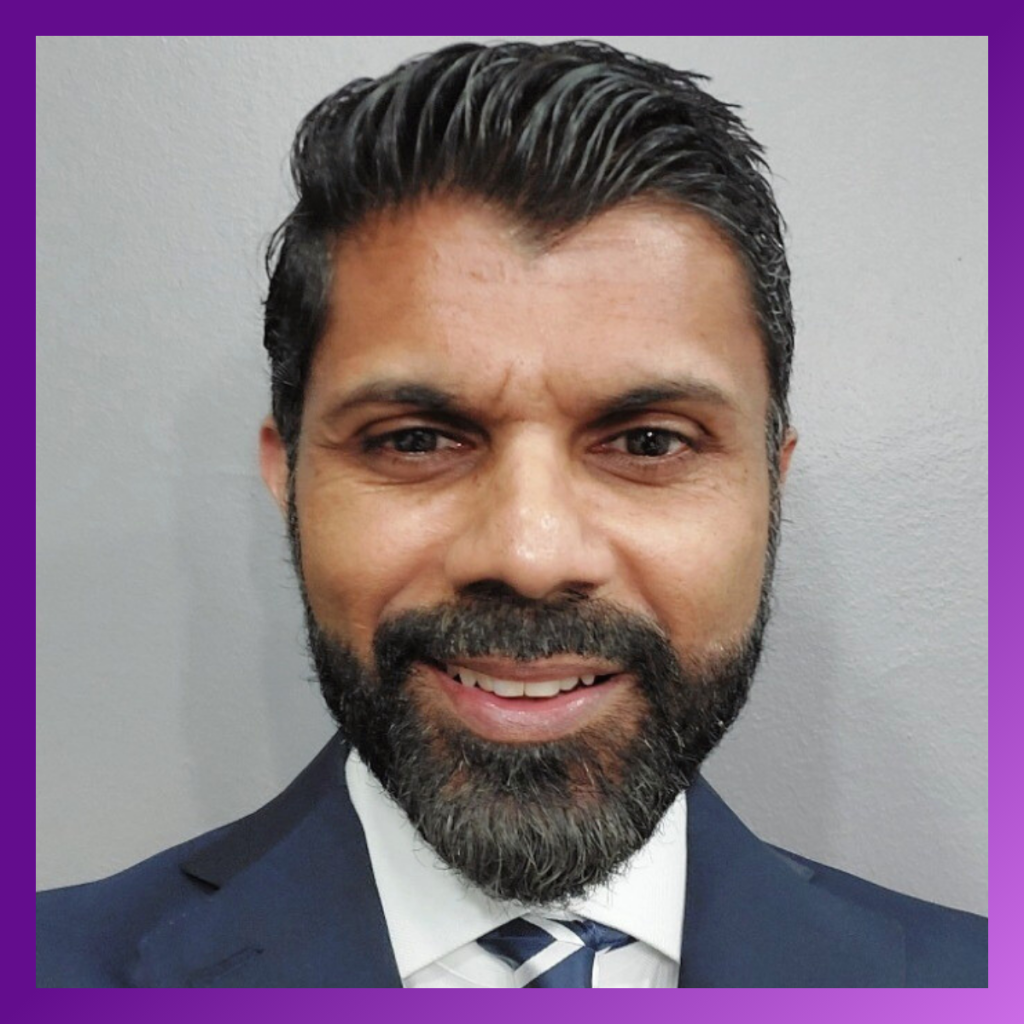
Associate Professor Kumaran Narayanan
Monash University Malaysia
Kumaran Narayanan is Associate Professor and Deputy Head (Research and Development) at the Jeffrey Cheah School of Medicine & Health Sciences, Monash University Malaysia. His research focuses on developing genetic and pharmacological approaches for human metabolic diseases.
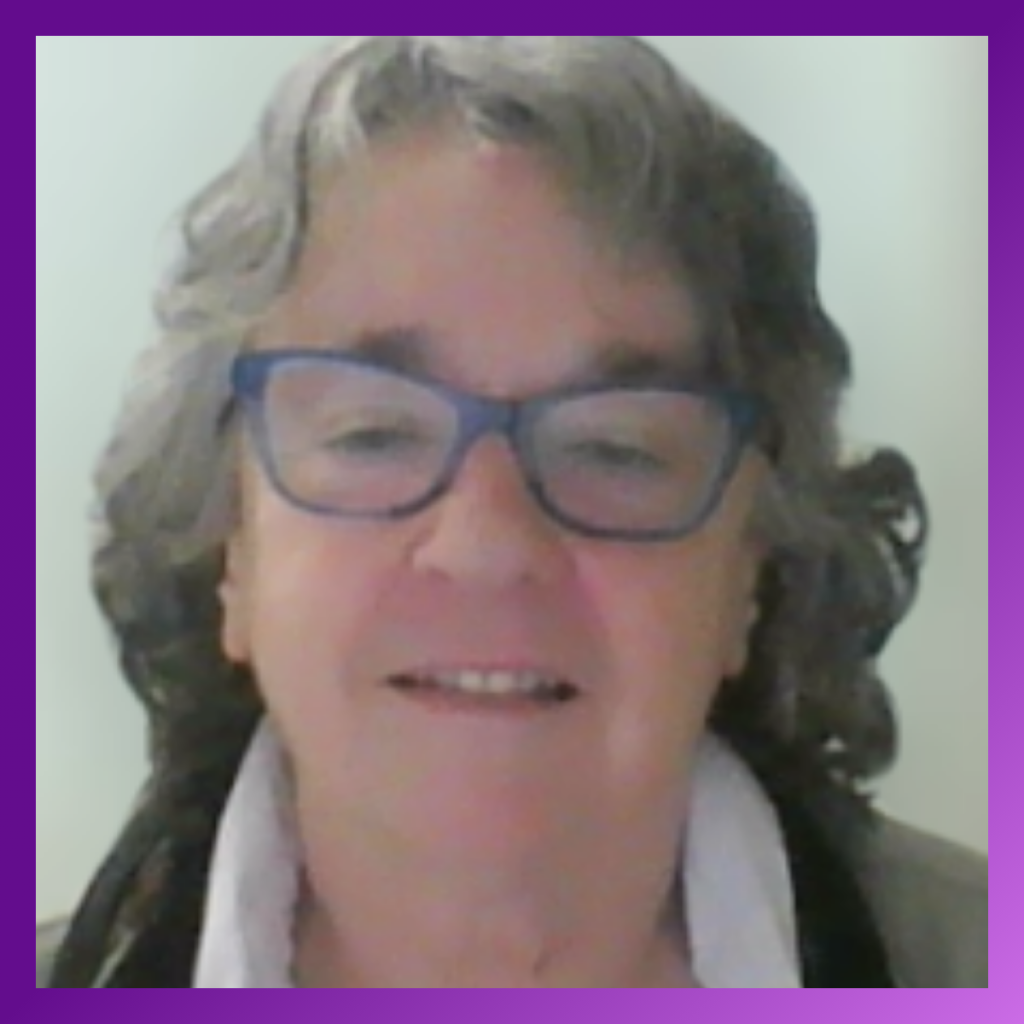
Dr. Kathy Nicholls
Royal Melbourne Hospital, Victoria
Kathy is a physician in the Department of Nephrology, Royal Melbourne Hospital, and an associate clinical professor at the University of Melbourne. She coordinates clinical care of Victorian Fabry patients, and is involved in Fabry disease clinical research, aiming to improve access to effective therapies and to better understand the condition.
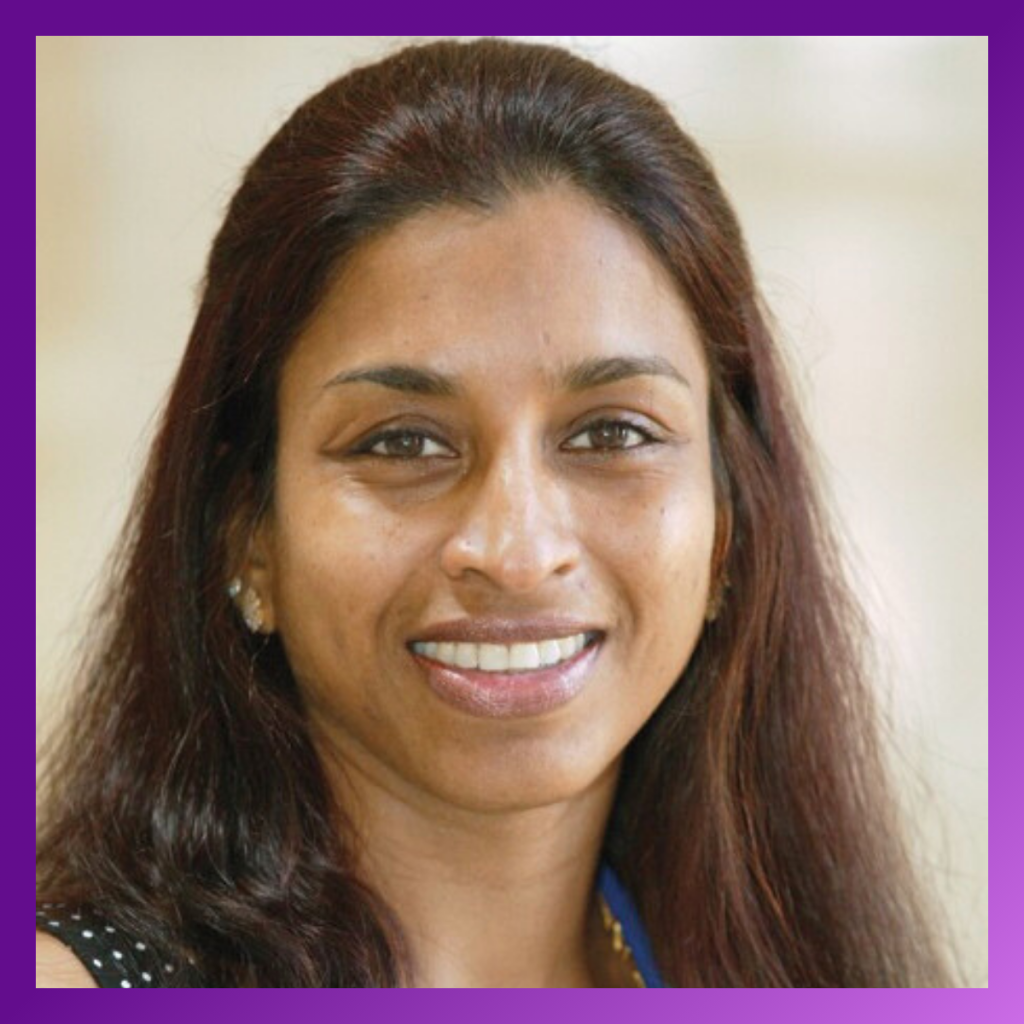
Uma Ramaswami, Consultant in Inherited Metabolic Disorders
Royal Free Hospital, London, and University College London
Uma is a consultant in inherited metabolic disorders and the clinical lead for the Lysosomal Storage Disorders (LSD) unit at the Royal Free Hospital. Uma’s clinical research interests include understanding the natural history and disease progression in LSDs, and she has been a principal investigator for many pivotal clinical trials of new therapies in LSDs.
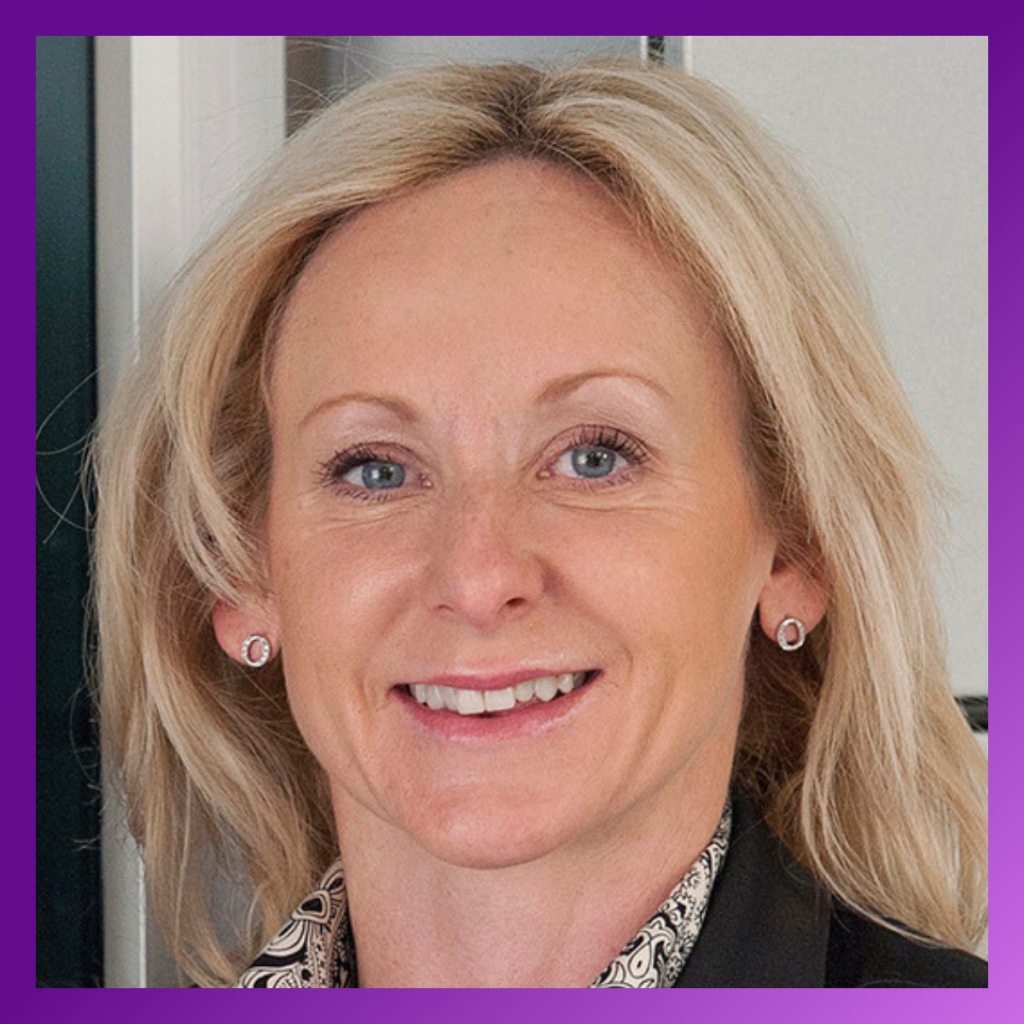
Professor Sharon Ricardo
Biomedicine Discovery Institute, Monash University
Sharon leads a research group in the Monash Biomedicine Discovery Institute, specialising in kidney disease and regenerative medicine within the Department of Pharmacology. As Head of the Kidney Therapeutics and Stem Cell Laboratory, her research uses experimental rodent models and pluripotent stem cell modelling to pioneer innovative cell-based therapies to mitigate kidney disease. Her discoveries have resulted in more than 115 publications in the field, including the first report on the derivation of induced pluripotent stem cells from human kidneys and translational research evidenced by seven granted international patents.
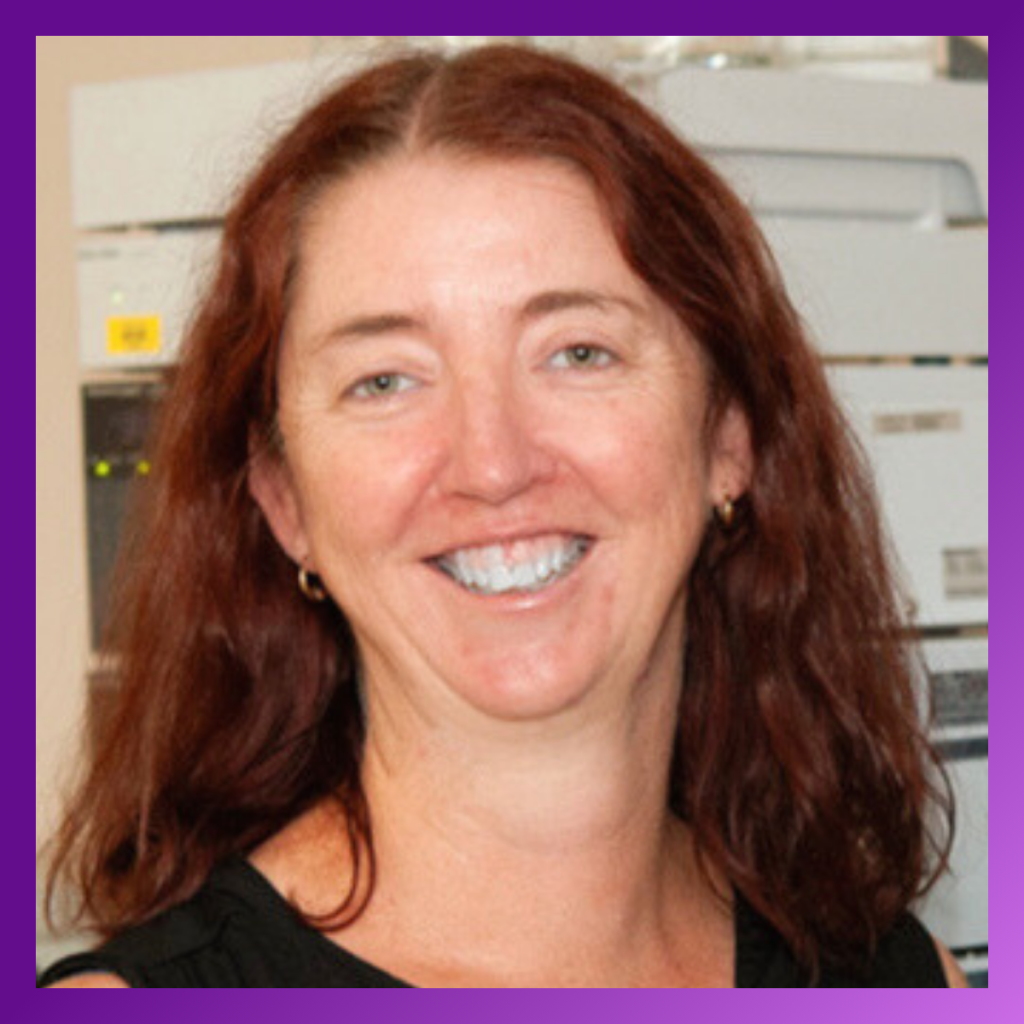
Dr. Jennifer Saville
SA Pathology, University of Adelaide
Jennifer Saville is the Substrate Scientific Lead of the National Referral Laboratory (NRL) for lysosomal storage disorders and oversees all substrate diagnostic testing. Jennifer is also an affiliate senior lecturer at the University of Adelaide and has a research interest in understanding the pathological mechanisms behind these disorders and developing improved diagnostic testing for our patients.
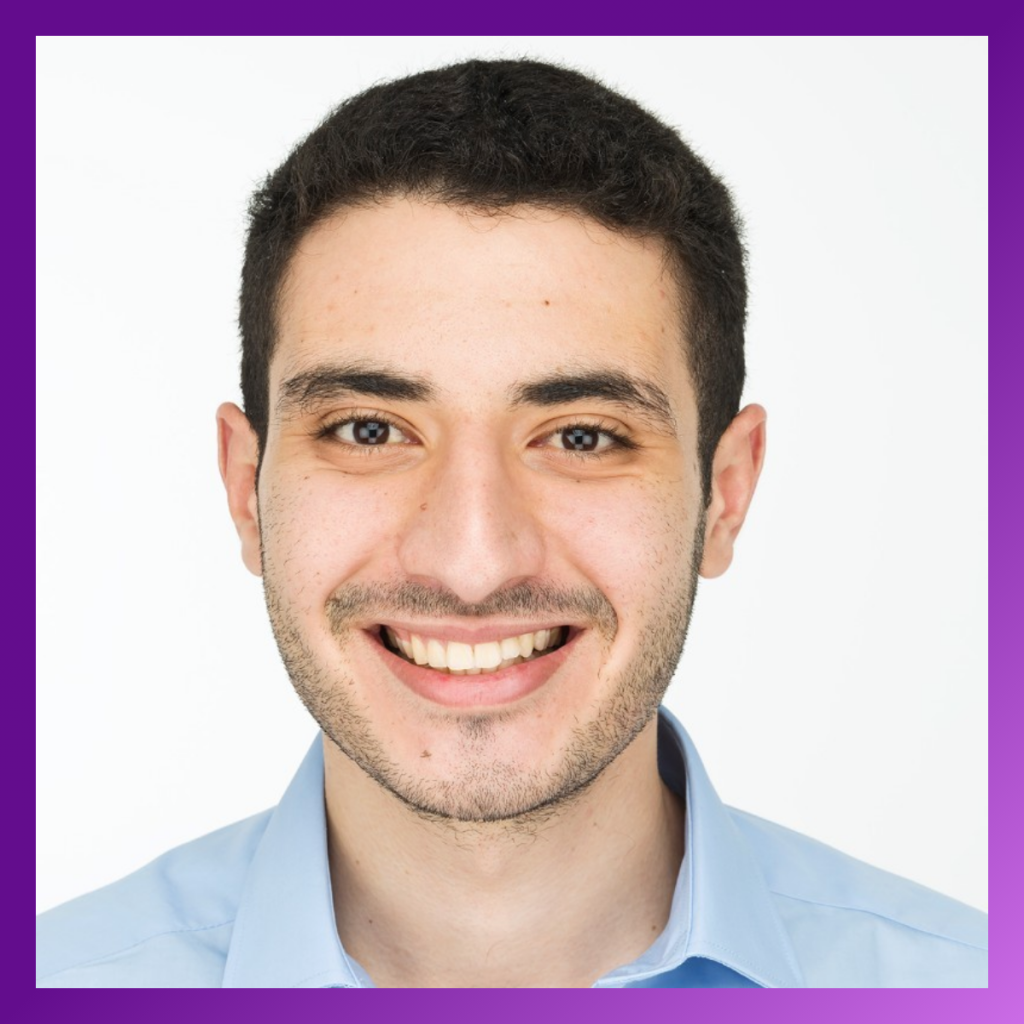
Dr Amro Sehly, MBBS
Fiona Stanley Hospital, The University of Western Australia
Amro Sehly is a Cardiology Advanced Trainee at Fiona Stanley Hospital in Perth, WA, and an MPhil candidate at the University of Western Australia. He has a keen interest in cardiac imaging and strain analysis, has multiple first-author publications in this area, and has presented his work at National and International conferences.
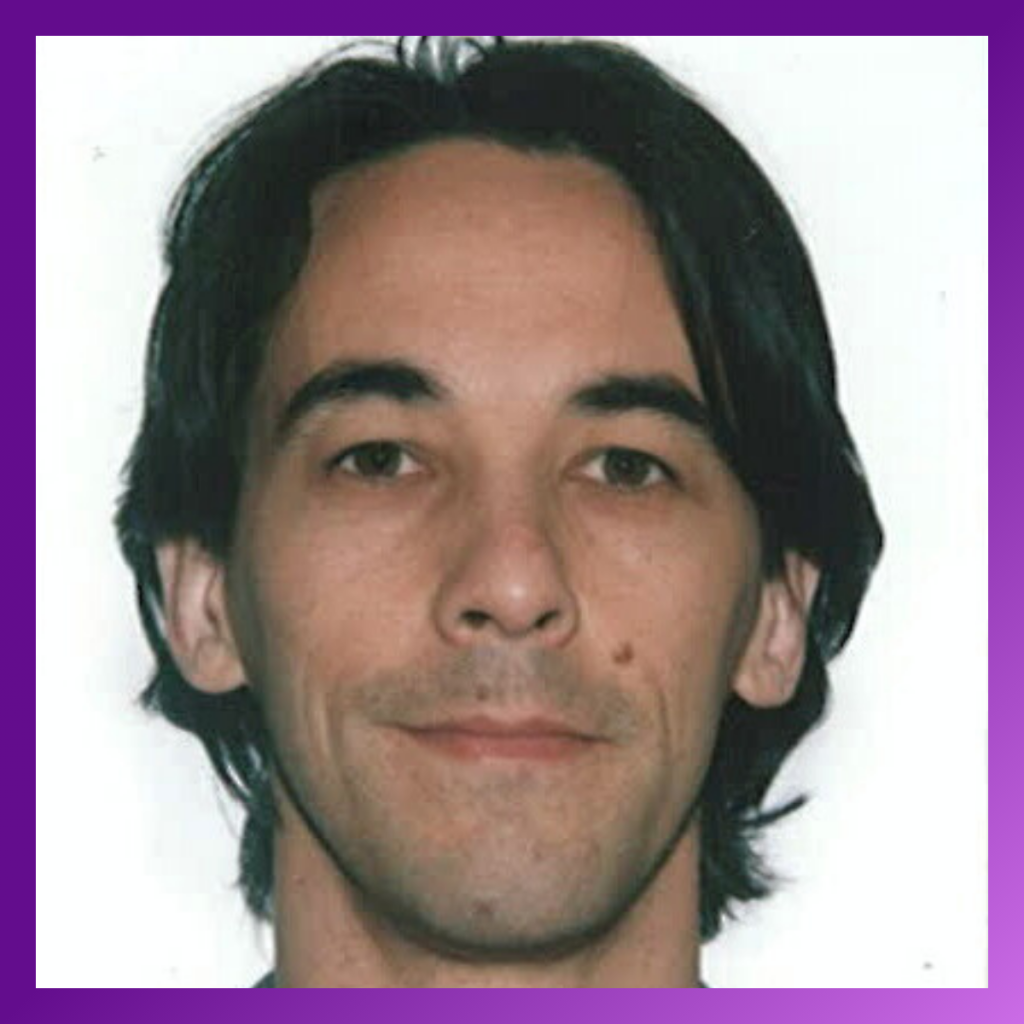
Michel Tchan, Associate Professor, University of Sydney, Head, Department of Genetic Medicine
Westmead Hospital, Sydney, NSW, Australia
Associate Professor Tchan is a clinical and metabolic geneticist looking after adults with genetic disorders and inborn errors of metabolism. He is the Head of Department, Genetic Medicine at Westmead Hospital in Sydney, and Clinical Associate Professor at the University of Sydney. He is responsible for the NSW Adult Genetic Metabolic Disorders Clinic. His research interests include clinical aspects of the lysosomal storage disorders, the neurological consequences of phenylketonuria in adults, and clinical trials of novel therapies for genetic disorders.
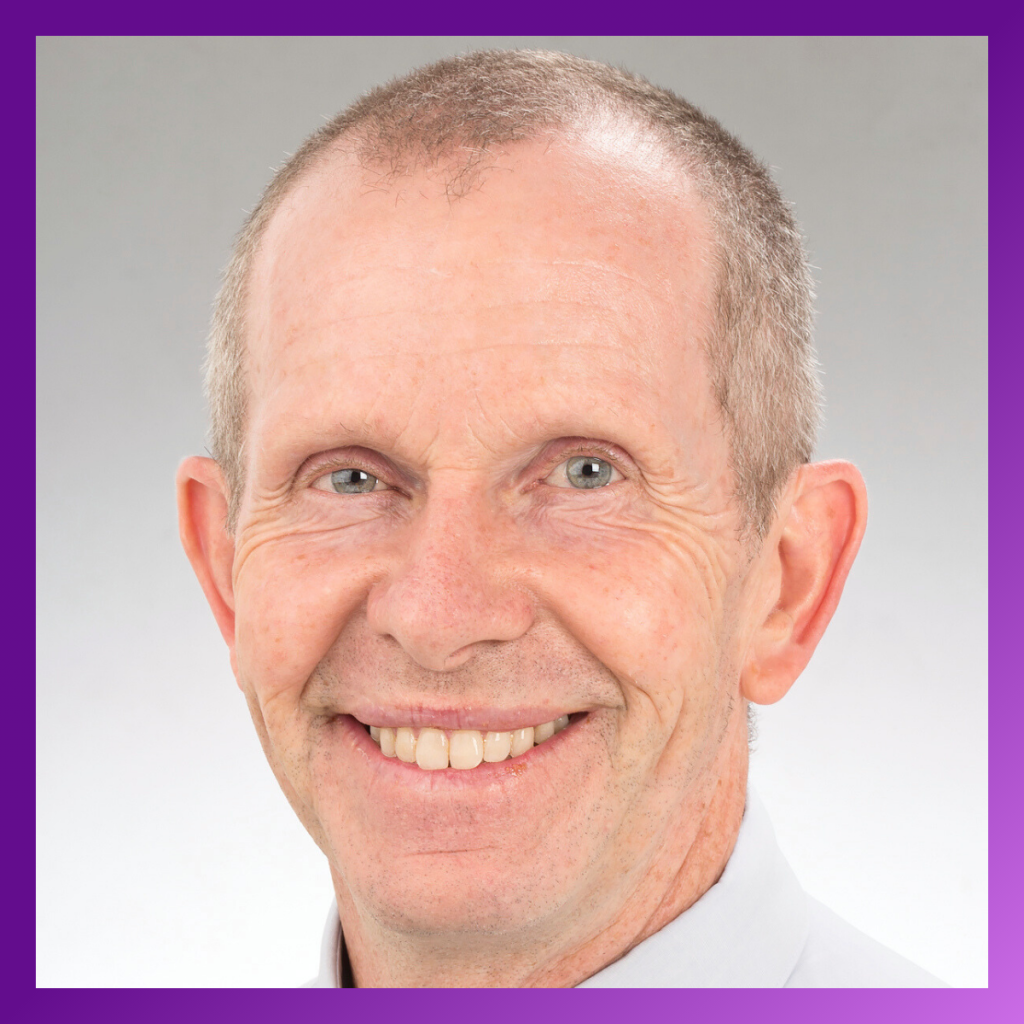
Mark Thomas, Clinical Professor
Dept of Nephrology, Royal Perth Hospital
Prof Thomas is an adult nephrologist at Royal Perth Hospital and leads the Western Australian Fabry Disease programme, which cares for over 90 patients via a multidisciplinary team. He has collaborated in trials of migalastat, lucerostat, AVROBIO lentiviral gene therapy, and 4DMT-310 gene therapy for Fabry Disease. He is a member of the Advisory Boards for Sanofi NXT Registry, Amicus, and the patient support group Fabry Australia. He presented on Fabry Disease at many meetings across Europe, Asia, and the annual WORLDSymposiums.

Cassidy Tran
University of Melbourne & Royal Melbourne Hospital, Victoria
Cassidy is a Biomedicine Honours Student currently studying at the University of Melbourne and conducting her research with the Department of Nephrology at the Royal Melbourne Hospital. Her project focuses on epigenetic modifications in Fabry disease, with a particular interest in DNA methylation and its potential role in disease progression. She is passionate about translational research and hopes to pursue a career in medicine following her Honours year.
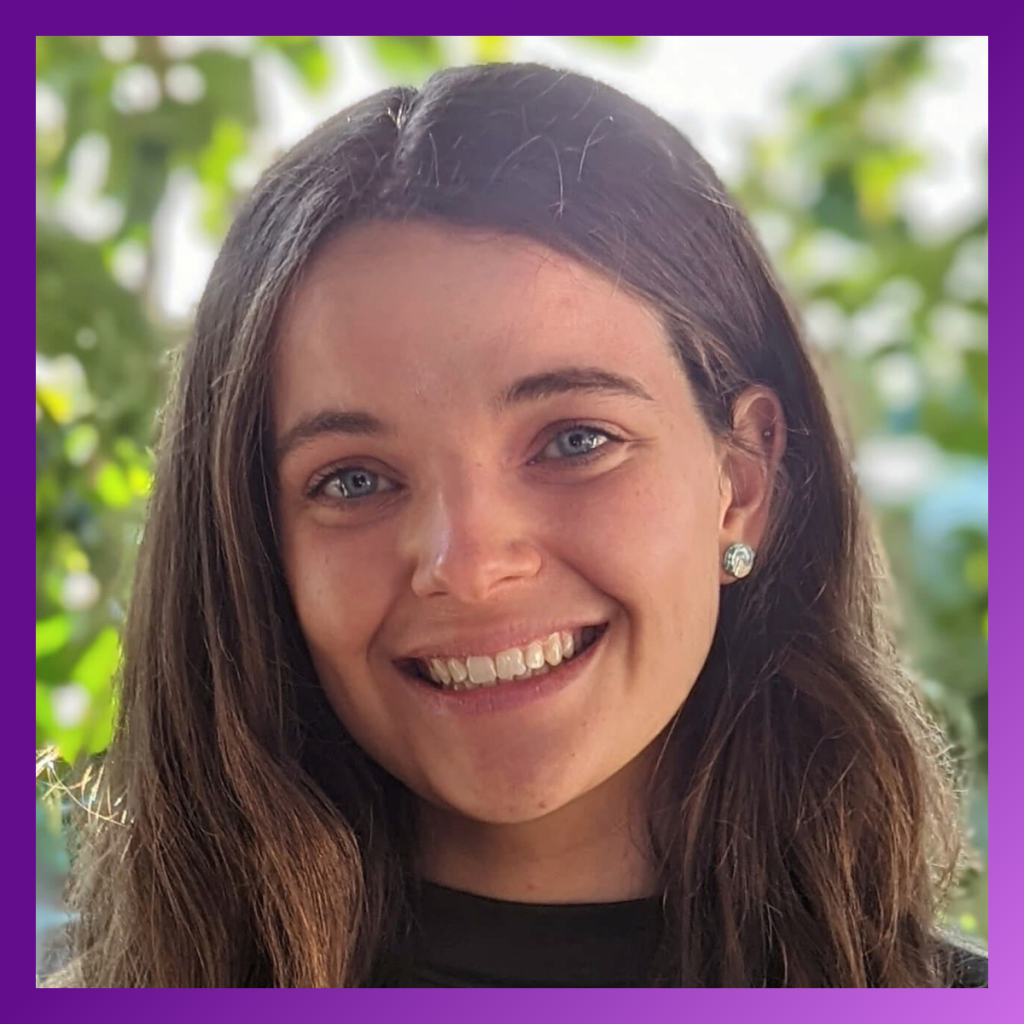
Ellie Van Velsen, BSc MGH
Australian NPC Disease Foundation Inc., Monash Partners Comprehensive Cancer Consortium
Ellie Van Velsen is the care and guidelines project coordinator at the Australian NPC Disease Foundation. She has a Master’s of Genomics & Health from the University of Melbourne and over three years of support work experience in the disability sector. Due to her educational background and having a family impacted by NPC disease, she is deeply passionate about community involvement and advocacy in the rare disease sector.
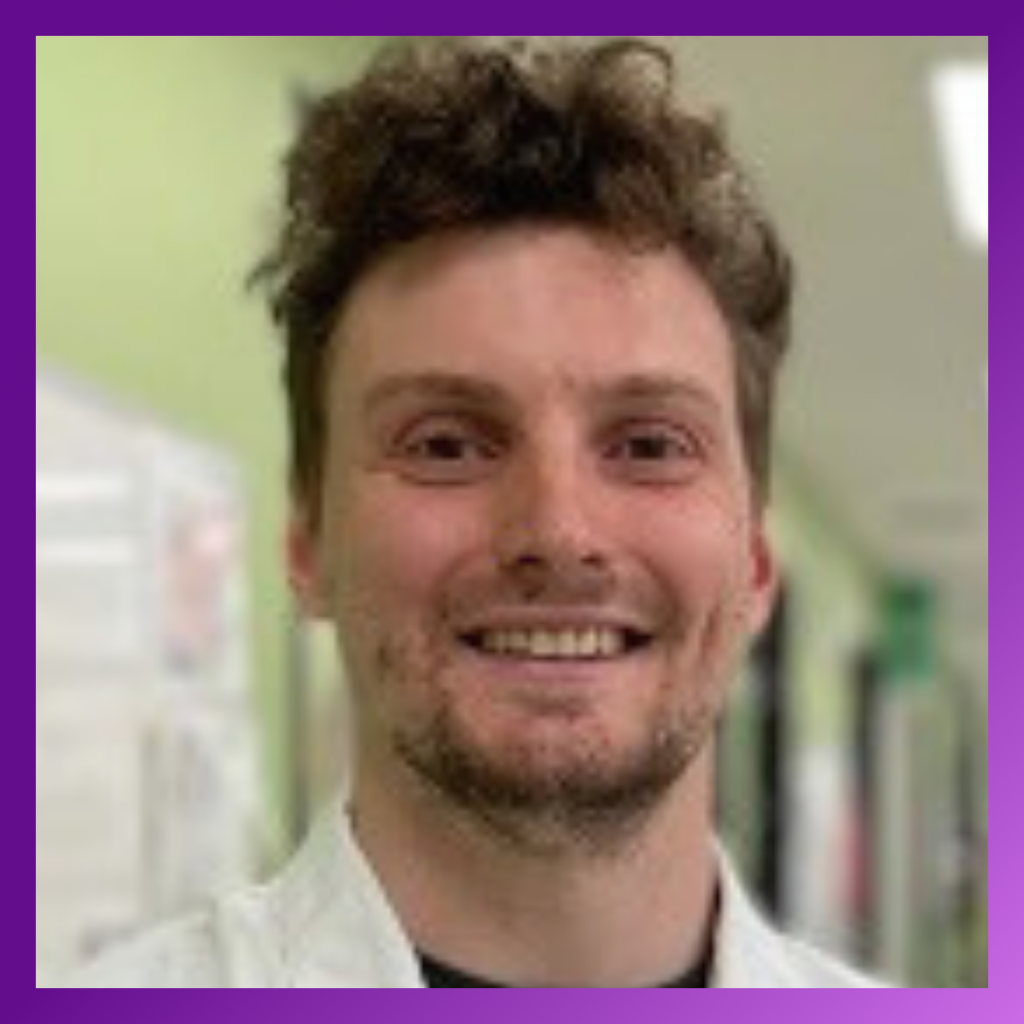
Lachlan Wakeling
La Trobe University
Lachlan Wakeling is pursuing a Master of Biotechnology and Bioinformatics at La Trobe University. He works under the supervision of Yuning Hong and Siyang Ding in the Hong Lab, where his research focuses on developing and applying a novel fluorescent dye to monitor lipid droplet accumulation within lysosomes.
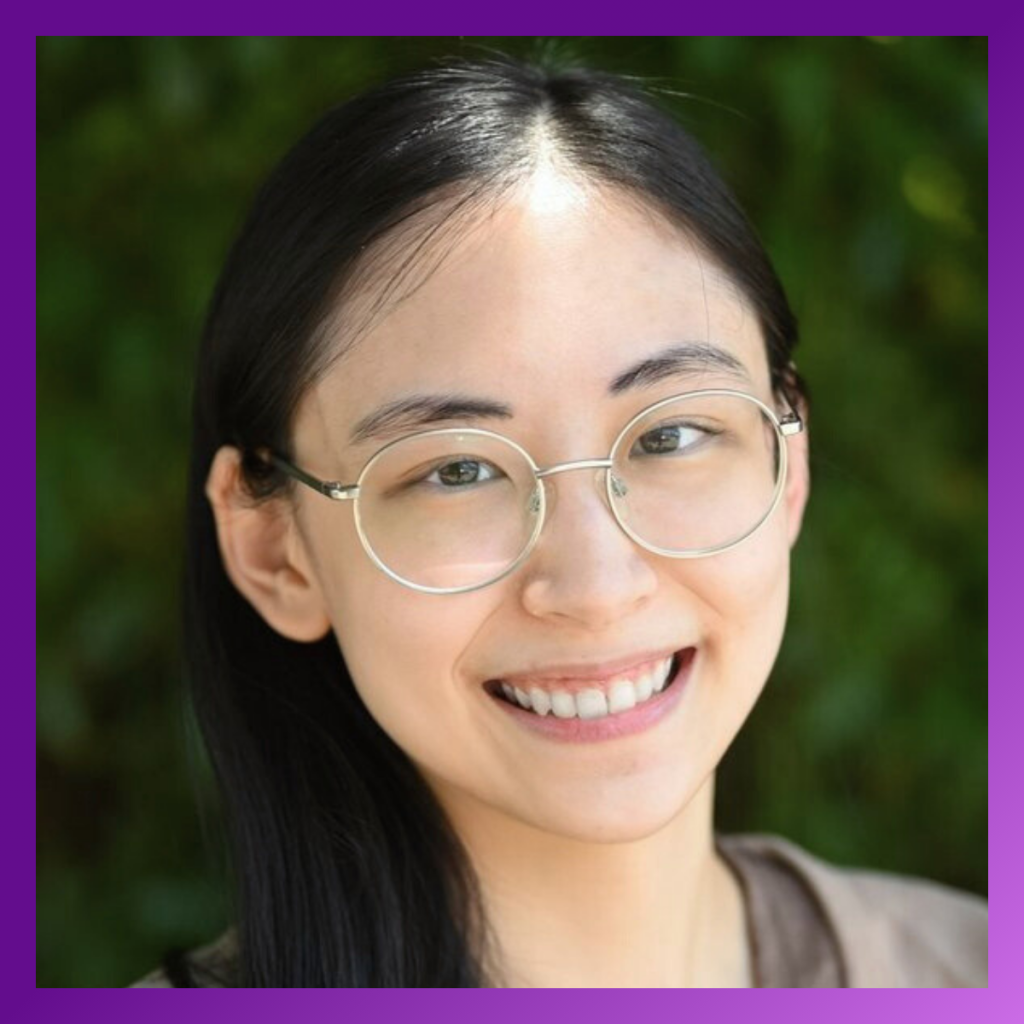
Shui Jen Wong
Murdoch Children’s Research Institute
Shui Jen is a speech pathologist and PhD candidate at the University of Melbourne, based at Murdoch Children’s Research Institute. Her research focuses on augmentative and alternative communication (AAC) in childhood dementia. Shui Jen will present on the speech and language phenotype of Sanfilippo syndrome.
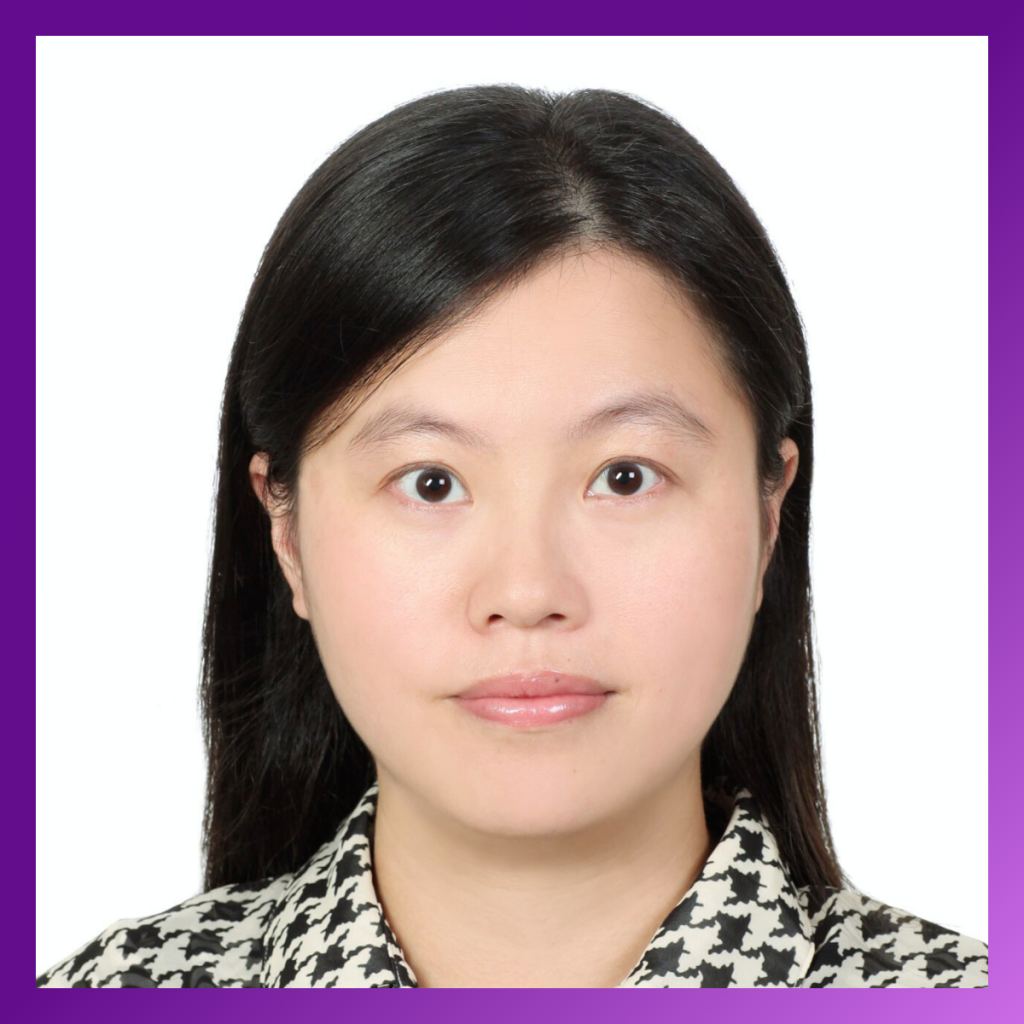
Hui-Ying Yeh, Medical Technologist
Department of Medical Genetics, National Taiwan University Hospital
Hui-Ying Yeh, MS, is a Senior Medical Technologist in the Department of Medical Genetics at National Taiwan University Hospital. She specializes in lysosomal storage disorder testing and molecular diagnostics.
Continue Exploring the 2025 Summit
Discover what sets this year’s event apart. Learn more about the science, the community, and the opportunities that make the Lysosomal Disease Summit a cornerstone for global collaboration:
Join your peers in advancing lysosomal disease understanding and care by joining the Lysosomal Disease Summit in Sydney!